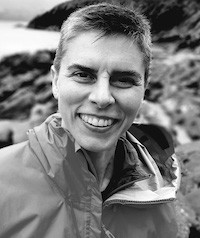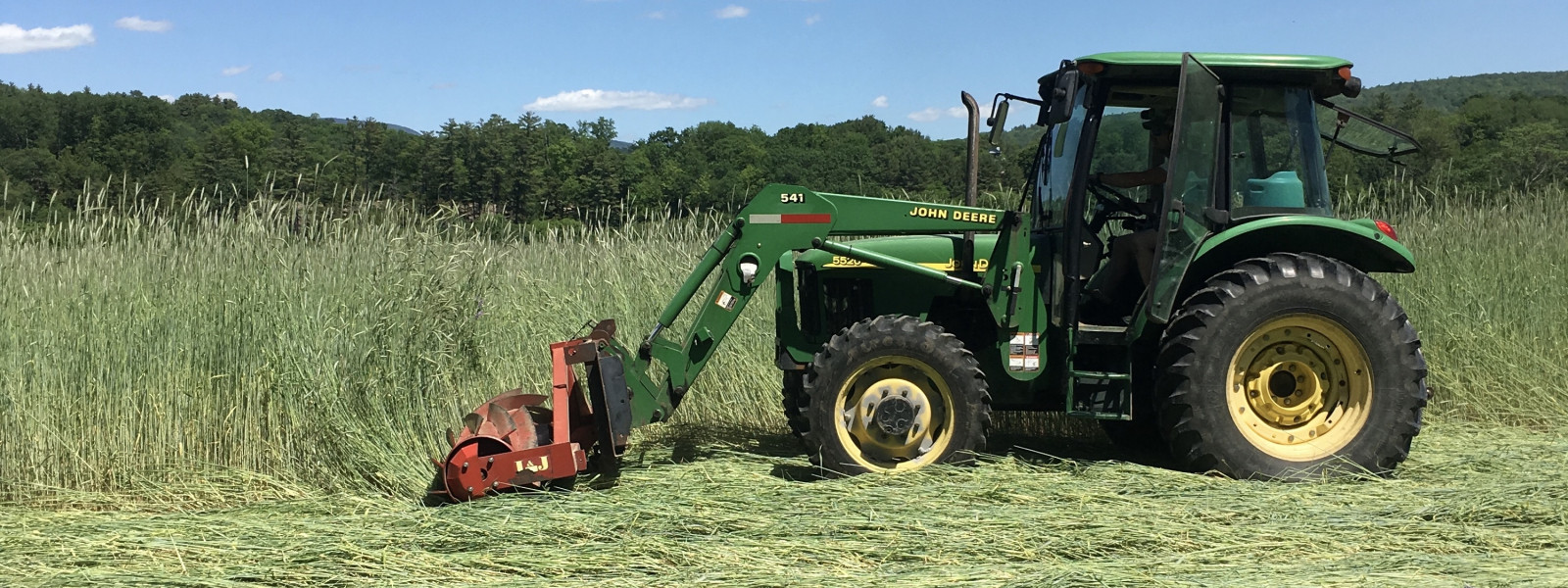Local Ecosystems Learning Series
Led by expert educator Jocelyn Duffy, this learning series aims to provide participants with a comprehensive understanding of our vital ecological systems, their significance, the threats they face, and methods for their preservation and restoration.
Each class will delve into various aspects, from biodiversity to ecosystem services and human impacts, with the objective of fostering appreciation, understanding, and stewardship of these invaluable natural habitats, equipping participants with the knowledge and tools to contribute to their local conservation and restoration efforts.
Program Fees & Registration
$15 per class / Free for children under age 14*
*The intention of this program is to build community and provide educational opportunities for all who are curious or interested in the workshop topics. While the content is geared for adult learners, we encourage families and learners of all ages to engage as well. Learners aged 14 and younger may attend for free, however, for space considerations we ask that no more than 2 children accompany each adult.
Sign up for one, a few, or all workshops! There is one registration form for the entire series.
• Gardening for Wildlife
Date: Friday, April 19
Time: 5:00–6:00 p.m.
Anyone with a backyard, garden, or landscaped area can help wildlife through their landscaping and gardening practices! Learn about wildlife and habitats, plant choice, use of native plants, nest boxes and feeders, and more. This workshop will be held indoors and includes a PowerPoint presentation.
• Birds, Bats, and Butterflies
Date: Friday, May 10
Time: 5:00–6:00 p.m.
Learn how the diverse mix of habitats in our region support species such as American woodcock, painted turtle, pileated woodpecker, wood frogs, little brown bats, and more! This workshop will be held indoors and includes a PowerPoint presentation.
• Introduction to Birding / Bird walk
Date: Saturday June 15
Time: 3:00–4:30 p.m.
Birding can connect you to place and to the world. Learn how to use (and focus) binoculars, different methods of bird identification, and appreciate the link between birds and their habitats.
• The Vitality of Soil
Date: Saturday, July 13
Time: 10:00–11:30 a.m.
Soils provide the foundation for terrestrial ecosystem functions, environmental health, and human well-being, and we can proactively protect soils for future generations. Learn what soil is and what it does, how soil biodiversity contributes to ecosystems services, and the importance of good soil management, including soil testing.
• Tree and Shrub Identification
Date: Saturday, August 10
Time: 10:00–11:30 a.m.
Learning patterns and recognizing species of plants around you connects you to a place, and leads to greater understanding of the landscape and its ecosystems (health, disease, management, wildlife). In this workshop, you’ll learn which plant parts can help identify woody plants and become comfortable using dichotomous keys.
• The Big 3: Invasive Insects in Vermont & New Hampshire
Date: Friday, September 13
Time: 5:00–6:00 p.m.
Learn about three invasive insects of great concern to our landscapes and forests: Asian longhorned beetle, hemlock woolly adelgid, and emerald ash borer; their life cycles, identification and signs, and management techniques. This workshop will be held indoors and includes a PowerPoint presentation. Register
• Control of Nature: The Connecticut River and Dams
Date: Friday, October 18
Time: 5:00–6:00 p.m.
Physical (geomorphological) changes to a river system are key to understanding ecological impacts. Learn about the history of the Connecticut River, geomorphology of river systems, and why riparian corridors are important to humans. Recognize our changing relationship with the natural world during industrialization, and understand some of the effects of dams on riparian ecology and ecosystem services. Register

ABOUT THE EDUCATOR
Jocelyn Duffy has over a decade of experience developing and presenting programs about nature, science, and history for federal, state, and regional organizations. She has a background in information technology and a degree in library science, but the pull of the outdoors was strong. She went back to school and received a B.S. in natural resource management from Oregon State University. She enjoys reading natural histories, is interested in native plants and natural landscaping and volunteers with UNH Cooperative’s Speaking for Wildlife program.

